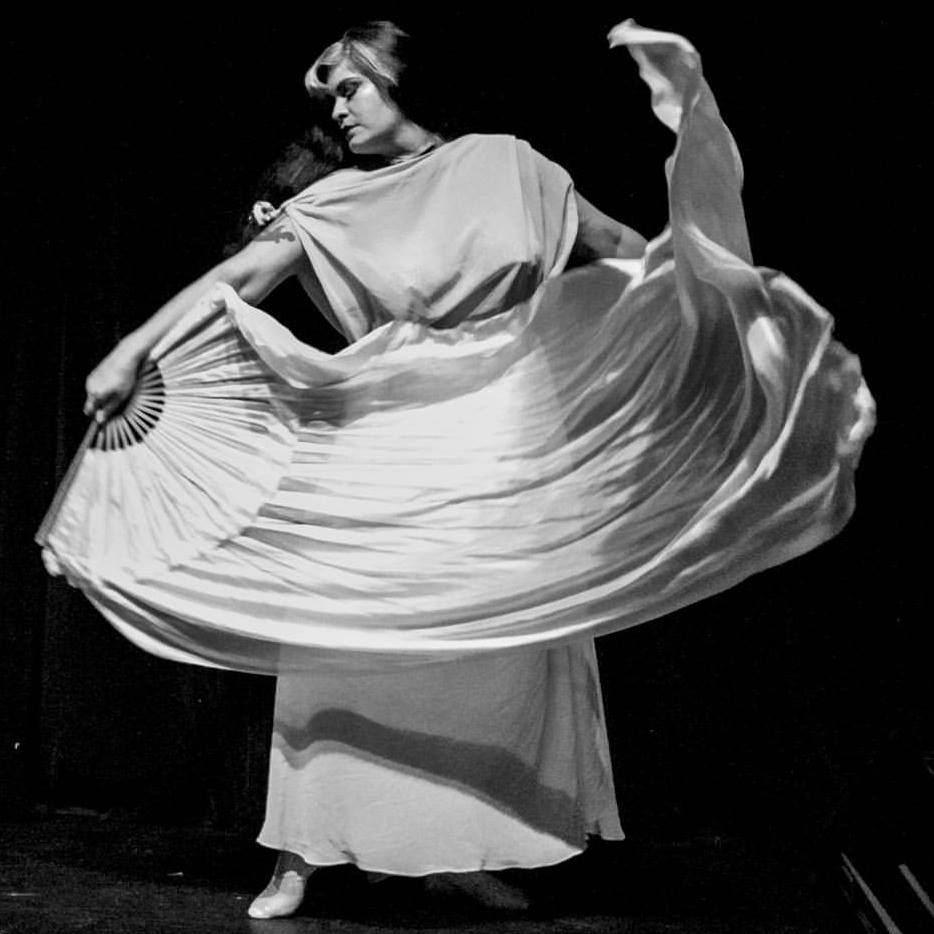There'll be no more sobbin' when he starts throbbin' his old sweet song
Wake up, wake up, you sleepyhead
Get up, get out of bed
Cheer up, cheer up; the sun is red
Live, love, laugh, and be happy
One of my favorite songs is Curtis Eller’s version of “Red, Red Robin”. What you can’t hear and feel in the lyrics written above is the emotion with which it is performed. Which is unfortunate because that sad sweetness is the reason this song touches my heart and, I’ll admit, has many times brought tears to my eyes. This classic song is usually sung with a joy and lightness that makes one think of summer camps and playgrounds. When Curtis Eller’s American Circus performs this song it is elevated with soulful voices and a soft banjo. Eller turns this song into a melancholy masterpiece that speaks to my heart in a way very few songs can.
You may be thinking right now, “Wait. Melancholy? That’s somehow better?” Well, let’s talk about that word: melancholy.
Webster’s dictionary defines melancholy as “depression of spirits: dejection”. This definition sums up the common understanding of what melancholy is. One is thought to “suffer” of melancholy. It is a negative emotional place to be in.
The French poet, Comte de Lautreamont, paints the word with even darker notes when he says, “Melancholy and sadness are the start of doubt, doubt is the beginning of despair; despair is the cruel beginning of the differing degrees of wickedness.”
“Melancholy: an appetite no misery satisfies,” says Emil Cioran. Although it should be noted that Cioran was a pessimistic philosopher who is also known for saying “Is it possible that existence is our exile and nothingness our home?”
A quick internet search will provide more than a dozen articles devoted to alleviating or “curing” melancholy. I think it is safe to say that the majority of people equate melancholy with another word: depression. They are not the same. Not even close.
And we need only look to the words of a comedian to see this. Words from someone whose profession is to help us find joy and laughter. Bill Murray says of this complex word: “Melancholy is kind of sweet sometimes, I think. It’s not a negative thing. It’s not a mean thing. It’s just something that happens in life, like autumn.” (Honestly, I think those who understand and share humor are some of the kindest and most understanding people I’ve met. But that’s a discussion for another day.)
I, like Bill Murray, do not see melancholy as a negative. I see it as something lovely, like autumn.
So, what if I’ve been blue; now I'm walking through fields of flowers
Rain may glisten, but still I listen for hours and hours
I'm just a kid again, doing what I did again, singing a song
When the red, red robin comes bob, bob, bobbin' along
Melancholy is one of my favorite words. It is beautiful both visually and audibly. The very sound of the word is soft, peaceful and has a sophistication to it. Melancholy as a concept is so much more complex than simply sadness. One of the definitions of melancholy that I truly love comes from journalist Italo Calvino: “Melancholy is sadness that has taken on lightness.”
I once said to someone that melancholy is my happy place. I didn’t say that because I’m some high-brow, dark-souled artist who is too self-important to enjoy happiness. (We all know one of these people.) I want to feel pure, energetic joy. I want to laugh until my sides hurt. I want to feel joie de vivre. I have moments of gaiety in my life, but then there’s the reality of who I am at my core. For me, exuberant enjoyment of life is exhausting. It is physically and emotionally taxing. I can only sustain this energy for so long before it isn’t fun anymore. It isn’t where I am truly at peace with myself.
We all hear people talking about wanting to find inner peace. When I reflect on all the emotions and moments in my life, melancholy is where I am most at peace within myself. I prefer my emotions like I prefer my chocolate, bittersweet.
And it would seem I am not alone. Artists have long found solace with melancholy. Many painters have created their most memorable works of art from a place of melancholy. Singers and comedians share the complexities of this emotional state. Authors abound with quotes speaking to the word. Such as this, another elegant quote from another wordsmith, Soren Kierkegaard, “My melancholy is the most faithful mistress I have known; what wonder, then, that I love her in return.”
When embraced, melancholy can be a place of comfort, creativity and love. “Melancholy is the happiness of being sad,” according Victor Hugo. I whole-heartedly agree. It is not for the weak hearted, but it can be a splendid place to be. Some of my favorite art comes from those who have found the beauty in melancholy and created something with it. (I like to think some of my best artistic creations come from this realm, but I will allow someone else to make that judgement.)
Melancholy feeds my soul and not just artistically. It is my exquisite path to peace. So, while many people still believe that melancholy is an emotional state to be suffered or conquered, I will leave you all to ponder more quote. This one comes from author Vladimir Odoyevski, “The soulless have no need of melancholia.”
When the red, red robin comes bob, bob, bobbin' along

 RSS Feed
RSS Feed
